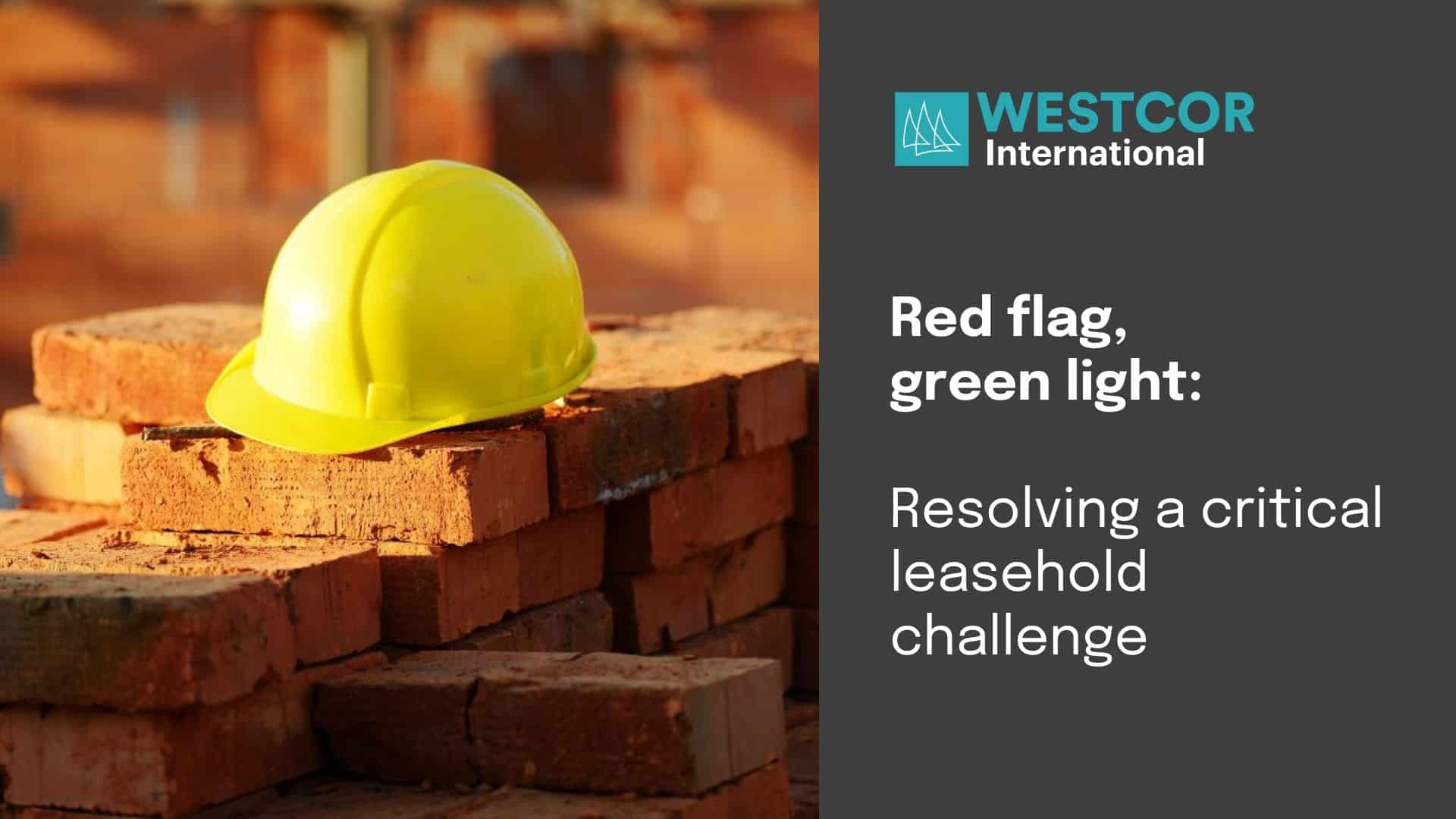Investment Insights: Scotland’s Thriving Real Estate Sectors

Image: Glasgow Skyline
Kirsty Noble on Scotland’s thriving real estate sectors.
Glasgow and Edinburgh have recently emerged as two of the UK’s most promising cities for real estate development. A comprehensive study by CBRE identifies both as top contenders in major commercial real estate sectors, including Purpose Built Student Accommodation (PBSA), offices, and hotels.
Despite the economic challenges faced by developers, the study shows that these Scottish cities, along with Aberdeen, continue to attract investors seeking robust opportunities for real estate growth and long-term investment.
Progress is already evident in Glasgow, as numerous applications for PBSA have been submitted. Prominent projects such as the redevelopment of the former M&S premises on Sauchiehall Street, the vacant site on the corner of Osborne Street and Old Wynd, and the transformation of the former Archaos nightclub on Queen Street are currently under consideration. They will go some way to support the regeneration objectives of the city if approved.
Developers also continue to support Edinburgh’s status as a prime destination for travellers, with a number of multi-million pound hotel developments envisaged and underway. Some are being built as part of wider developments at Haymarket, Waverley and Fountainbridge and others, such as the proposed 200-bed Radisson RED in Ingliston currently under consideration, are stand-alone.
While there is much to be optimistic about, every opportunity has challenges. PBSA development faces hurdles such as stringent planning policies, limited site availability, and the potential risk of over-concentration in specific areas. Glasgow City Council has already identified South Partick and Yorkhill as having reached their capacity and are likely to resist future applications for PBSA in this area. Moreover, inflation, energy costs, and rising interest rates also remain major factors hindering the hotel industry’s recovery.
Despite the challenges, we are embarking on an exciting decade ahead for development within our cities. As a business which supports lenders, developers, and investors across all real estate sectors, Westcor International is committed to helping project stakeholders manage title risks which can arise with development sites. With policies that provide financial protection against tailored losses arising as a result of title risks and a flexible approach to underwriting, our solutions are an effective risk management tool that can help minimise transactional and project delays.
If you would like to discuss a title issue for a real estate development in Scotland or Northern Ireland, Kirsty can be contacted at 0141 737 3079 or by email on kirsty.noble@westcorintl.com.




